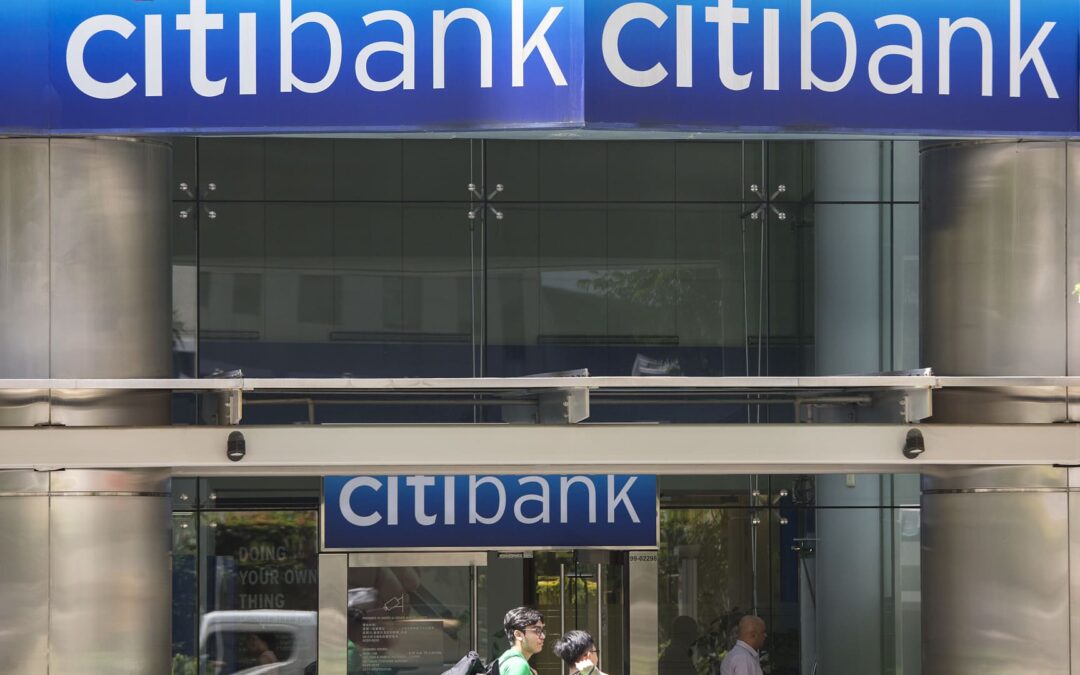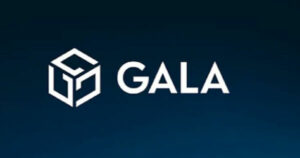Citi’s bank branch in the central business district of Singapore on Feb. 12, 2018.
Ore Huiying | Bloomberg | Getty Images
Citi is upgrading some of its services for institutional clients using blockchain technology.
The banking giant introduced Citi Token Services on Monday, which will tokenize clients’ deposits so they can be sent anywhere in the world instantly.
“[If] you’re a large multinational client where you have multiple bank accounts in multiple different regions across borders and you keep buffers of cash in each of these regions, it’s really an inefficient use of cash,” Ryan Rugg, global head of digital assets for Citi’s Treasury and Trade Solutions business, said. With the new service, “if it’s … 5:00 p.m. in the U.S. and 5:00 a.m. in Singapore, but you need to get money there, you can send that immediately, within seconds.”
The bank is also now using smart contracts to automate the trade process. Smart contracts are self-executing programs that run automatically when the conditions of an agreement or contract are met.
Citi tested the smart contract capability with shipping and logistics giant Maersk, a client of the bank. Rugg explained how the company prefunded a smart contract with digitized tokens. Once the company had received agreed-upon services from a canal authority, the token was automatically paid out. Citi’s service could reduce transaction processing times from days to minutes, Rugg said.
While crypto remains in regulatory limbo and prices have been almost stagnant this year, renewed excitement about tokenizing real-world assets using blockchain technology has emerged as one of the hottest topics of the year. Bernstein has said financial incumbents who want to be part of the modernization of financial markets need to be using blockchain technology, and that it sees about $5 trillion of real-world financial assets being tokenized on blockchains over the next five years.
Citi’s announcement is one of the most significant among financial institutions dipping their toes in digital assets. Investment manager Hamilton Lane has launched three tokenized funds. Meanwhile, KKR has tokenized a part of an equity fund through a partnership with Securitize. Franklin Templeton launched a mutual fund that settles transactions and records ownership data over different blockchains. Additionally, JPMorgan Chase has a bank-led blockchain platform called Onyx that focuses on international trade.
Citi is using a private blockchain for its new services. Whether Citi or a company like it will ever have use for public blockchains in the future will depend on how regulations play out, Rugg said.
“If regulation changes and regulators get comfortable with the public, we will definitely go down that route, but right now, from a regulatory standpoint, we’re sticking with permissioned.”







